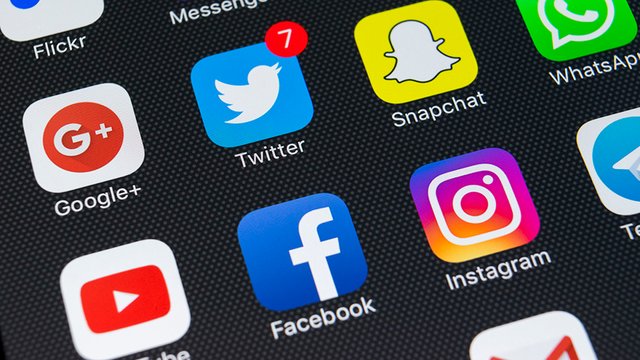Social media: A viable tool for voter education
Voter education, is educating the electorate about the duties and obligations of all stakeholders involved in the successful conduct and result of a credible, free, and fair election. Many of the electorate know they ought to cast their votes on Election Day, but few know the provisions of the law surrounding the successful conduct of […]

social media
Voter education, is educating the electorate about the duties and obligations of all stakeholders involved in the successful conduct and result of a credible, free, and fair election. Many of the electorate know they ought to cast their votes on Election Day, but few know the provisions of the law surrounding the successful conduct of that election, and what is expected of them as an electorate when they go to cast their votes at the polling unit.
With the advent of technology, and Information Communication Technology (ICT), the way and manner information is being communicated between one to another is amazing. Not too long ago while in secondary school (boarding house), it took a minimum of two weeks to get a letter sent from school to the home pleading for provisions and pocket money; nowadays communication is on the go. One need not be physically present with another to send information instantaneously, with the kind of smart phones readily available in the market; it is only when the receiver is offline that a message might likely be delayed.
Take for instance, the various presidential candidates campaigning for elective post in the forthcoming elections in February, they need not be physically present in Edo, Kogi, Kaduna, Taraba, Abia, or any of the 36 states of the federation for their followers on twitter to read their tweets, or view their posts on Facebook. Likewise, the Independent National Electoral Commission (INEC) can disseminate useful and important information to the Nigerian voters through social media.
The downside to the coming of the internet in Nigeria is that many youth learn firsthand how to operate a smartphone from personal experiences, there was no educational foundation laid by the Nigerian government on how it’s citizens can effectively use this medium to bring about change in our immediate environment.
Even as at the time of writing this article, apart from the smartphones parents buy for their kids, how many kids have a computer in their rooms? One presidential aspirant recently said in a television talk show, that the FOTRON programme our computer science under graduates study in the university, is what he learnt in grade school back in the United States of America.
This inability of the Nigerian government to educate and enlighten its kids, teens, parents and the elderly on how to effectively handle the internet frenzy has led to it being used in negative ways. We find youth using the social media strictly to upload pictures and comment on celebrity gossips, with little attention paid to the enormous information available on the internet that can help develop the individual and society.
A careful examination of the Nigerian society would show that what trends or goes viral are things that happen in the internet ‘Oga at the top’, ‘Transmission, transmission’ and most recently ‘where, were, wear’. Truth be told, before the traditional media (newspaper, radio & television) have time to edit, review and broadcast events to the public, the internet is already afloat with such information.
It is for this reason that the social media is a good enlightenment and educational platform with over five (5) billion active users every day. If INEC does not want propaganda of mischief makers in the political scene to thwart its efforts towards conducting a credible, free and fair election, then it ought to explore the new media and disseminate information to the homes of every Nigerian voter using the internet as a medium.
It is imperative that every Nigerian voter hears directly from the source, i.e INEC, on issues pertaining to the forthcoming elections, confirming or denouncing any rumours circulating in the media on the elections through posts on their official website, Twitter, Instagram, and Facebook handles. Like stating the true position of things concerning the current appointment at INEC, to the fact that members of ASUU have agreed to work as ad hoc staff of the commission, and not that the strike has been called off, and other matters related therewith.
This would gradually boost voters’ confidence in the system, and ensure that registered voters come out to vote on Election Day.
Godspeed!
